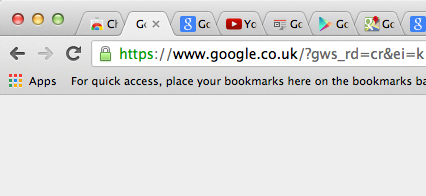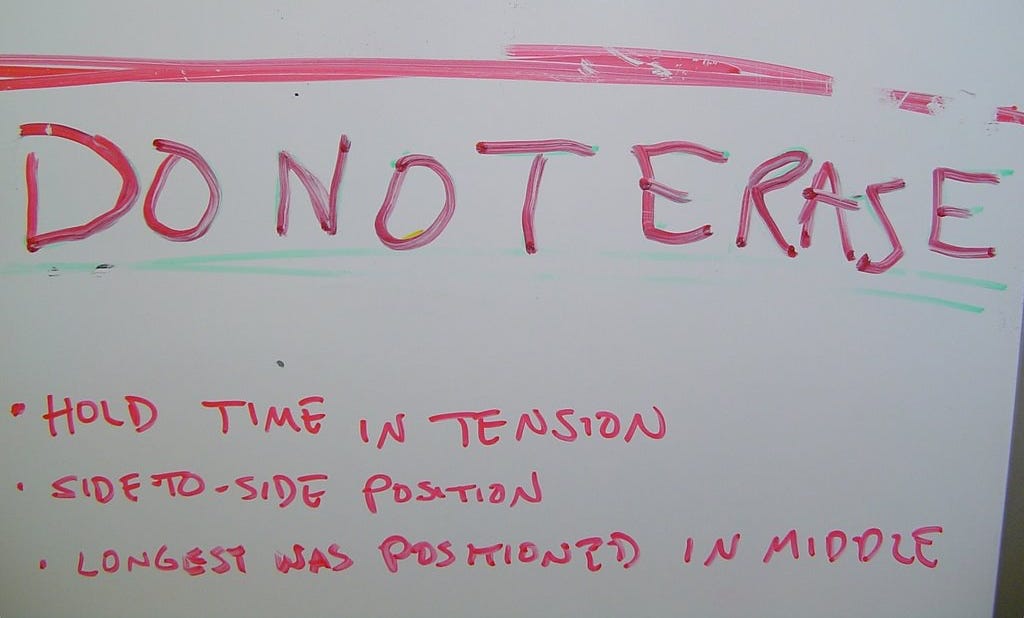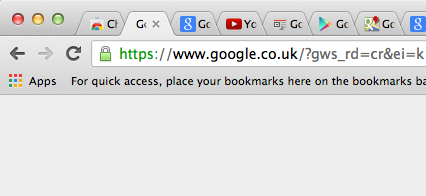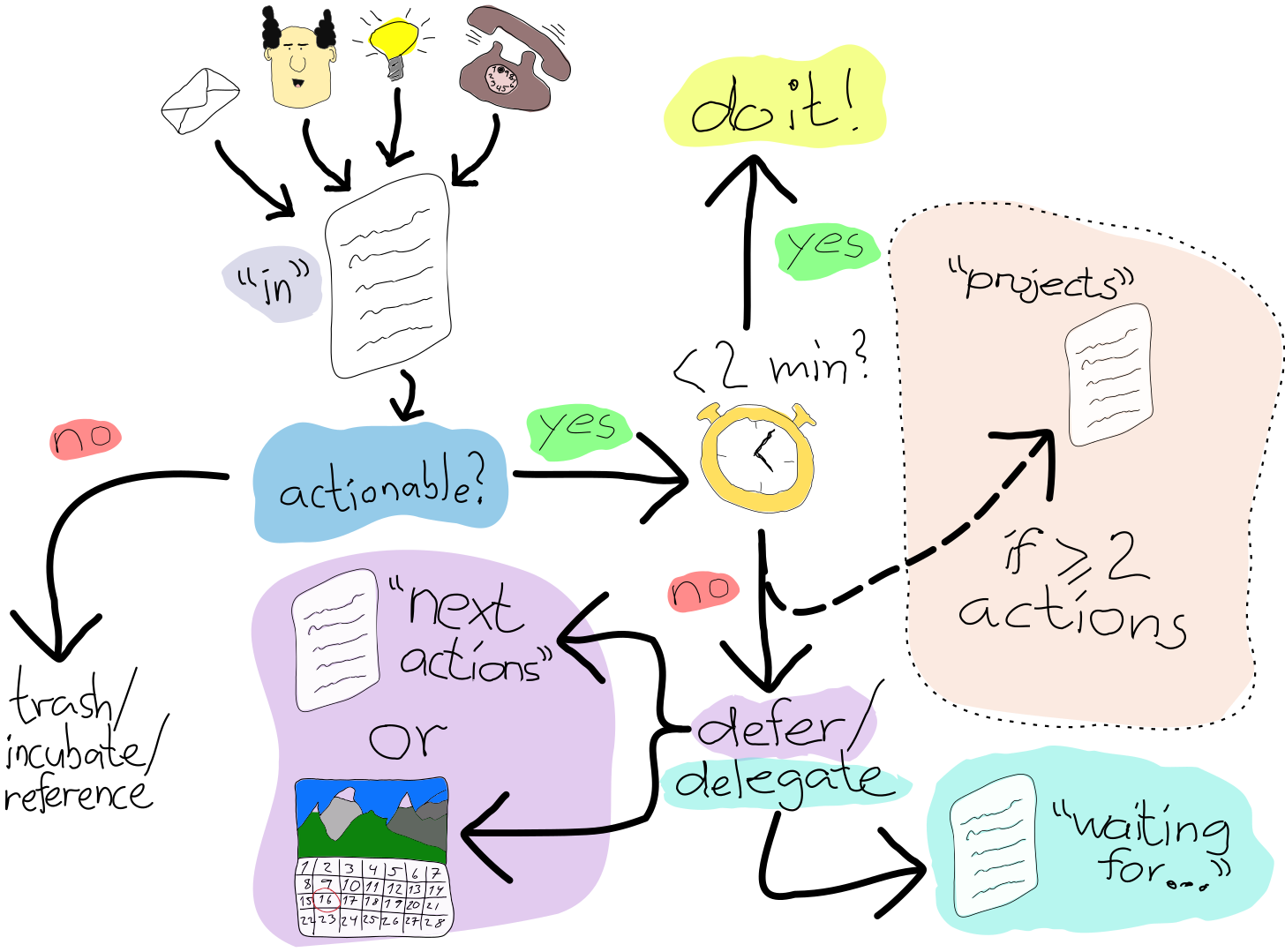Freeing up our mental resources
Just like open tabs in a browser, open loops take up valuable bandwidth in your brain.

In the last article, we explored the potential downsides of the internet changing how we think. What about the potential upside?
We no longer have to keep various things running in the background of our memory. Before smartphones, if you had to remind yourself to do something, you’d physically write it down. This solves one problem, but if it’s a time-sensitive task, you still have to remember when it has to be done.
Today, a to-do app can deliver a reminder at exactly the right time without you having to think about it. This may seem insignificant, but freeing up our memory is necessary for more valuable uses of your mental resources (e.g. new ideas, problem-solving).
In the words of Jessica Kerr:
Pretend your brain is a white board. Is it covered with to-do lists and “DO NOT ERASE”? Is there space for drawing and combining ideas?

A famous 2013 study showed that people living in poverty do worse on spatial and reasoning tasks when considering future financial decisions. The authors were the first to examine how poverty might be perpetuated on a cognitive level, with people having to constantly be pre-occupied with decisions about how to make and spend money.
This is an extreme example, but it goes to say that even small day-to-day mental calculations have a significant effect on unrelated cognitive tasks.
It’s clear that reducing the cognitive demands of everyday tasks is in our best interests, but we don’t always do it. The research suggests that we’re biased towards strategies with the least effort involved. Based on past experience, if storing the information in short-term memory is easier than writing it down, then we’ll do that.
How can we make sure that the decision is always tilted in favor of writing it down? We need a simple external system that we trust and very little friction to use.
Closing open loops
To perform at our best, we need to offload the mental demands of “open loops”, or commitments that you made to yourself or someone else that haven’t been fulfilled yet. Open loops range from simple tasks (mental shopping lists) to more complex tasks (needing to respond to an email).
This is important because our brains have a tendency to recall and ruminate on unfinished or interrupted tasks more than completed tasks (Zeigarnik effect).
Just like open tabs in a browser, open loops take up valuable bandwidth in your brain.

David Allen’s Getting Thing Done (GTD) framework is built around closing open loops, so that your brain stops keeping track of all the things you need to do. As we said before, this opens up the possibility for more valuable types of thinking.
The basic idea is having an “in” list that captures ideas, tasks, and anything else you might want to remember. The rest of the system is dedicated to systematically processing the “in” list. Here’s a visual summary of the process by Erland Hamberg:

Part of the magic of this system is that you can have complete trust that everything will be dealt with. This trust is really important because your brain will not free up memory unless it’s completely sure that the external system is reliable and consistent.
Systems are important and worth investing time into. As James Clear puts it,
You don’t rise to the level of your goals. You fall to the level of your systems.
For a quick intro to the GTD system, check out Erland Hamberg’s guide.
Friday Brainstorm Newsletter
For more, join 300+ curious people subscribed to the Friday Brainstorm newsletter. It’s one email a month with the most interesting ideas I've found related to science and health.